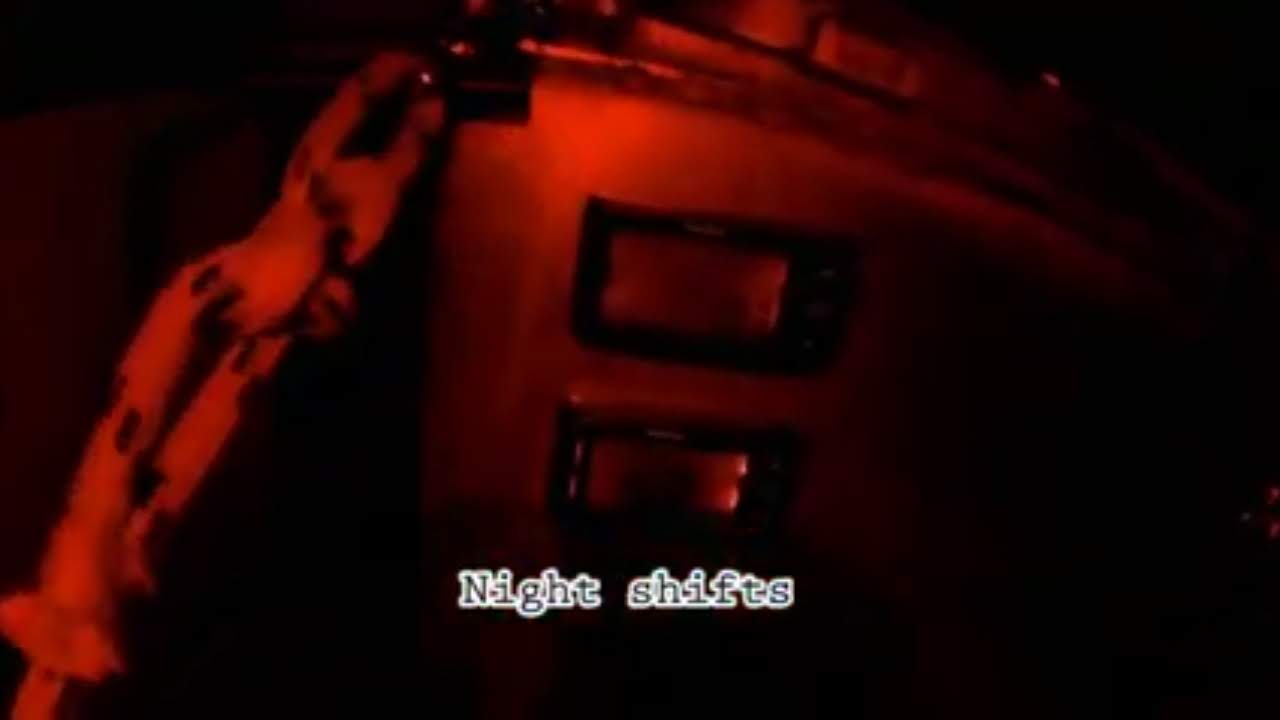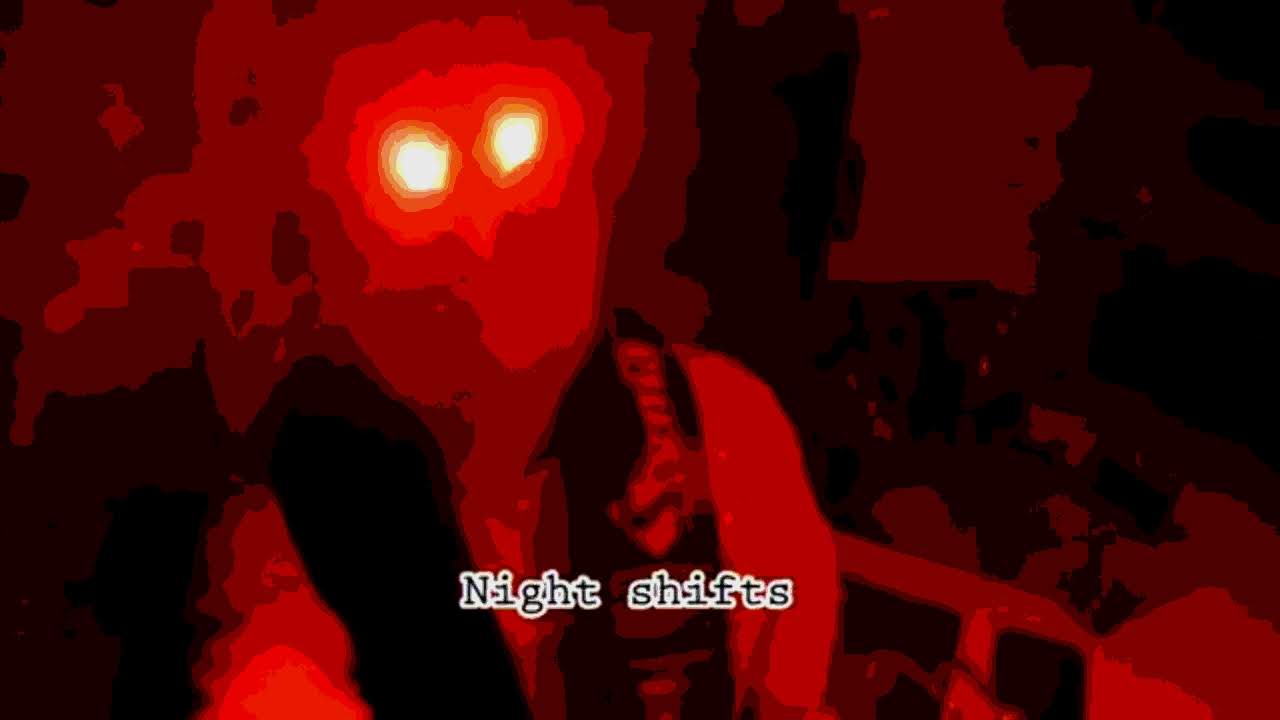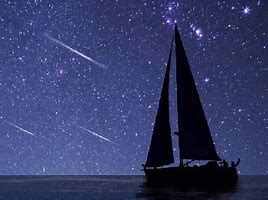





I awake slowly with the noise of Oloff scurrying around against the background of a hundred other sounds of sailing. A shackle is banging against the deck somewhere, a sharp metallic sound. A lazy sheet not properly loosened says zzzzzzzz against a stay every time the wind vane corrects our course. There’s that door sneakily still banging away despite the padding rubber I placed yesterday. The diesel sloosh-slooshes underneath the port saloon bench where I’m lying. The fridge purrs behind my head. The faint smell of coffee and dampness hangs in the air. There’s the loud continuous gurgling swoooosh of the water rushing past the hull, interspersed with the shhhhhh as Ongemak manages to slide and sidestep a sneaky wave, and then there’s the loud BANG when she doesn’t. The green-water then usually giggles along the side deck until it falls laughing into the cockpit, entertainingly wetting the bum of anyone not snugged up against the coach-house under the dodger. But this journey is different.
Neptune is pissed off. He probably has a hangover from the amount of bubbly we gave him, as per custom, when we crossed the equator yesterday. My awakening is hastened by my bed bouncing and rolling underneath me like never before. The sails reverberate angrily. Every now and then Ongemak’s bow dives into a wave with a boom and a spray, dumping bucket loads of water onto the foredeck. The giggle has turned into an ugly clown laugh as it fingers it’s way aft, past every hatch and porthole, looking for a way in. A sneeze makes it into the forepeak. A squirt makes it into the saloon. Nothing serious, just enough to have made everything depressingly salty, moist and mouldy over the last couple of days.
I check my phone, glad to have woken up just before my alarm went off. This probably means I had at least 3 hours of good quality sleep. The cabin has an eerie red glow to it, like on submarine movies, but luckily without Gene Hackman shouting at everyone. The red setting of the saloon light as well as of our head-torches help to preserve our night vision, which is much needed for watch keeping.
The next big step is actually getting up, much easier said than done. Every muscle I need for this usually simple action feels weak and tired. I steel myself, waiting for the boat to roll to starboard. And…. go. Up into the seating position, holding onto the saloon table. I put my head-torch around my neck with one hand and manage to pull on the t-shirt from yesterday. No use getting a clean one salty. Now to switch into my salty pants. This is much trickier as it needs to be done standing up to avoid sitting on the nice saloon bench cushions with moist, night shift shorts. On the next roll I pull my heavy body up and in the same movement twist sideways to press my back against the mast compression post, planting my feet wide apart with slightly bent knees. The pants change happens with clumsy, one handed precision, the other hand holding onto the post.
I swing around to face Oloff, landing my left hand on the shoulder high grab rail running the full length of the saloon. We speak in whispers as to not wake Ronell.
He smiles broadly.
“Hi boet. Did you sleep well? It’s an awesome night out.”
“Hm”, I reply.
“The phosphorescence is brilliant and the stars are just amazing!”
“Hm.”
“You OK boet?”
“Hm. Just waking up.”
He nods knowingly. This is nothing personal. This is post-shift euphoria versus pre-shift depression. He gets on with the handover.
“I reefed the genoa even more and the motion seems to be a bit better. We should probably rather fly the jib on the inner stay.”
“Sounds good. We can do it in the morning.”
“Cool. No lights visible and no traffic on the AIS. We’re creeping south again so I adjusted us a bit. The wind vane is still steering like a champ though. Lekker shift broer.”
“Lekker slaap boet”.
He vanishes into his cabin and I’m left alone in the rolling redness, my eyes slowly gaining their night vision. Time for my PFD (personal floatation device) harness and to do a check outside. I step forward and grab the centre pole with my right hand while making sure my little toe connects solidly with the engine bulkhead. I immediately step on it with my other foot to dampen the pain and bite the swear word almost in half. Only the silent “p” escapes.
When the worst pain subsides, I wiggle it. Feels ok. My left hand slides along the grab rail and I move my right hand to the galley handhold. A last well timed step brings my left hand onto one of the companionway handles and me to in front of the heads. I switch on my head-torch and reach inside for my PFD. Then I partially reverse the process until my bum is wedged firmly against the chart table. This gives me just enough stability to negotiate into my harness, which I think resembles a slo-mo reverse playback of a fly trying to escape from a spider’s web.
Timing every step with Ongemak’s crazy dance moves, I now make my way up the companionway steps like a clumsy astronaut. I use one hand to clip the shackle of my safety leash into the coachroof anchor point, then step out onto the cockpit sole where the saltwater puddle immediately stings the cut in my foot from yesterday. With a wince, I swing around and grab hold of the dodger with both hands.
Switching off my head-torch, it’s suddenly there: one of those rare moments which makes is all worth while. I am instantaneously wanded onto a magical night time roller-coaster through the galaxy. The mast-light sways giddily through the endless expanse of crystal clear stars. The massive swells foam and crest in small firework displays of glowing green phosphorus. The sheer vastness of this natural theatre is completely overwhelming. All I can do is to hang on. Hang on to the dodger, to Ongemak, to being right here, right now.
The spell is eventually broken by three tiny lights on the horizon: two white, one green. It’s time to do what one does on a night-shift: keep Ongemak and it’s sleeping crew safe.
Gimbaling myself on the balls of my feet, I do a slow, 360 degree survey of the dark ocean: no other lights. I return my focus to the initial ones: still in the same place. One minute. Two minutes. Three minutes. The position of the three lights remain unchanged. I sigh. This means trouble.
Lights on the ocean is the nighttime language of ships and sailboats. The three I see tell me a lot: the two white lights signify a ship of more than 50m in length and the green tells me I’m looking at it’s starboard side. What is worrying is that its position remains unchanged, meaning that we are on a collision course. Technically, motorized vessels need to give way to sailing vessels. By now the ship should be able to see us on their radar and a sharp lookout would have spotted our own navigation lights, but I’m not taking any chances.
I start down the companionway, obviously not before knocking my ankle against the tiller. Firmly wedged between the galley and chart table, I select the AIS screen (Automatic Identification System) on our radio. Yes, there she is: a deceptively small triangle, 6 nautical miles away. The next screens give me the information I want: “Irma” is a Greek registered container vessel on her way back to Athens from Rio de Janeiro, she is doing 20 knots, indeed heading towards us and… she is 220m long. To put this into perspective, she is 20 times as long as Ongemak and probably weighs 50 times as much. Hoping that she’s seen us is like hoping the elephant has seen the “Ants Crossing” sign, so I decide to give her a call on the VHF radio.
“Irma, Irma, Irma. This is sailing vessel Ongemak, Ongemak, Ongemak. Over.”
“Sailing vessel calling Irma, say again your name please?”
“Irma this is Ongemak.”
Pause.
“Ondzemak this is Irma, go ahead.”
“Irma, good evening. Is there a channel which you prefer? Over.”
“We can go to channel 9. Over.”
“Copy that. Going to channel 9.”
I turn the selector to 9.
“Irma, this is Ongemak. Over.”
“Ondzemak I can barely kgggggg anything kgggggg try chan.. kgggg kgggg repeat try channel 10. Over.”
“Just copied that Irma. Going to channel 10. Over.”
I turn the knob till 10 appears on the screen.
“Irma this is Ongemak. Is that better? Over.”
“Much better. Go ahead.”
“Irma, again good evening. We are currently about 6 nautical miles north-east of you and our AIS shows us on a possible collision course. Just wanted to check whether you can see us on your radar or have visual contact. Over.”
Long pause.
“Ondzemak, we’re having difficulty identifying you on radar, probably because of the high swells. No visual contact yet. Please confirm the size of your vessel. Over.”
“Irma, Ongemak is a 35 foot aluminium sailboat. We have a radar reflector but are not actively transmitting on AIS. Over.”
“Copy that. 55 foot is quite small but we should be able to see you soon. Over.”
“Irma, please note Ongemak is a 35 foot boat. I repeat we are 35 foot. Over.”
Looooong pause.
“Wow. Ondzemak, my hat off to you and your crew. Even Irma is rolling in the big swells tonight. I cannot imagine what it must be like on a boat that small. Over.”
The next sound that was heard was of me puffing out my chest.
“Thanks, Irma. Just a different motion to get used to. And seeing others at sea, even big ships like yours, makes one feel much less alone. Over.”
“It’s the same here, Ondzemak. Oh, you’ve just appeared on our radar and… yes we have a visual of your navigation lights. I’m ordering us 10 degrees to starboard and should clear your port quarter by about a mile. Over.”
“That’s very kind of you, Irma. We’ll maintain our course then. You must have a safe journey further. Over.”
“Copy that, Ondzemak. Same to your brave crew and your brave little boat. Really well done. Standing by on 16. Irma out.”
Me, now with something in my eye. “Thanks again Irma. Back on 16. Ongemak out.”
A few minutes later, I watch from the cockpit as the massive silhouette of Irma slides past in the night, the power of her engines humming softly through our hull. For a moment, Irma’s stern-deck lights up like a massive floating Christmas tree. My wave and smile can’t possibly be seen, but I’m sure it is felt.
With my eyes getting heavy, I realise my caffeine and MSG levels are getting dangerously low. I need an ice cold Coke and a packet of Brazilian puffy crisps. I work my way down the companionway, obviously not without bumping my head against the dodger.
Night shift is a time warp. Some hours pass in seconds and some drag on for days. Clipping in, stepping outside, checking for lights, watching the sails, making adjustments, tightening the wind-vane straps, admiring the stars, stepping inside, unclipping, checking the bilge, holding on, sitting to pee, monitoring the AIS, making tea, completing the logbook; all in a Groundhog Day like loop. Then, suddenly, you look at your watch and it’s all over.
I only realise how exhausted I am once I start taking off my harness and undress. As I pull off my shirt, my head-torch flips over and hits me hard on my nose, making my eyes water. I sigh, too tired to care. I have a quick wet-wipe bath, ritually wiping the tears and salt from my face.
I quietly enter our cabin and switch on the night light. Securing my handholds, I bend down and kiss Ronell’s forehead, careful not to headbutt her as Ongemak once again rolls crazily. I’m rewarded with a “mmm” and a half-smile. I smile in return.
“Time for your shift, Pooks. It’s an awesome night out.”


You are doing well Muir!!
LikeLike
Thanks Gert!
LikeLike
Very cool photo’s! And love the description, it is if I am there!
LikeLike
Dankie Ils!
LikeLike
Beautifully captured ~ one day again!
LikeLike
Thanks Renate!
LikeLike
Brilliant – felt as though I was with you. Can imagine it so well; brings back memories of my five years that were spent on 3 to 5000 ton vessels. Well done to you all. Greetings from Tirana
LikeLike
Amazing experience very well written. Wish you all the best brave crew and brave boat!
LikeLike
Thanks for the compliments Larry! Very glad you enjoyed it 🙂
LikeLike